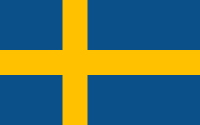 Sweden’s economy grew by 44% from 1990 to 2005. As of 2005, Sweden has achieved a 7.2% reduction in GHG from their 1990 level.
Sweden’s economy grew by 44% from 1990 to 2005. As of 2005, Sweden has achieved a 7.2% reduction in GHG from their 1990 level.
Goals
The Kyoto Protocol treaty allows Sweden to increase its emissions by 4% above the 1990 level in the 2008-2012 period.
Strategies
Sweden has seen success with, and intends to continue towards its goals by addressing the following areas (1) (2):
- Road transportation
- Information Technology (IT)
- Heating
- Electricity
- Waste
- Grants and trading
Road transportation
Sweden has implemented a number of measures intended to reduce emissions from road transportation:
- energy and carbon dioxide taxes
- carbon dioxide-differentiated vehicle taxes
- making public transport faster and more convenient
- tax exemption for biofuels
- increasing rapeseed methyl ester (RME) biofuel mixtures to diesel
Information Technology (IT)
Sweden is developing appropriate Information Technology (IT) infrastructure and solutions to reduce the need for physical travel. The focus is on enabling
- distance work
- travel-free meetings
Heating
Sweden’s goal is to use no oil for heating residential and commercial buildings. Key components of their strategy are to
- create district heating using biofuels rather than oil
- enable large-scale production of new, domestic biofuels from forests and fields
Electricity
Sweden has created a market-based system of electricity certificates (3) aimed at increasing production from renewable electricity sources (e.g. wind, solar, biofuels, small-scale hydro power, geothermal and peat)
Waste
Sweden has banned the landfilling of combustible (since 2002) and organic (since 2005) waste. Instead, they recycle and compost.
About 35% of Swedish municipalities have separate collection of compostable household waste with central treatment. Most composting plants are rather small.
About a dozen anaerobic digestion (AD) plants are working and several new large scale plants are planned. (4) AD plants generated biogas which can be used as a fuel for heating and for vehicles.
Grants and trading
There are two main grant programs that invest in climate programmes:
- Klimp – Consists of more than 900 projects undertaken by local authorities, companies, and other organizations.
- LIP – Local investment programmes were implemented in Swedish municipalities between 1998 and 2008. This program has been terminated.
Sweden participates in the EU joint emissions trading scheme. This allows large final emitters to purchase carbon credits if they can’t reduce their emissions in time to meet legislated reduction caps.




